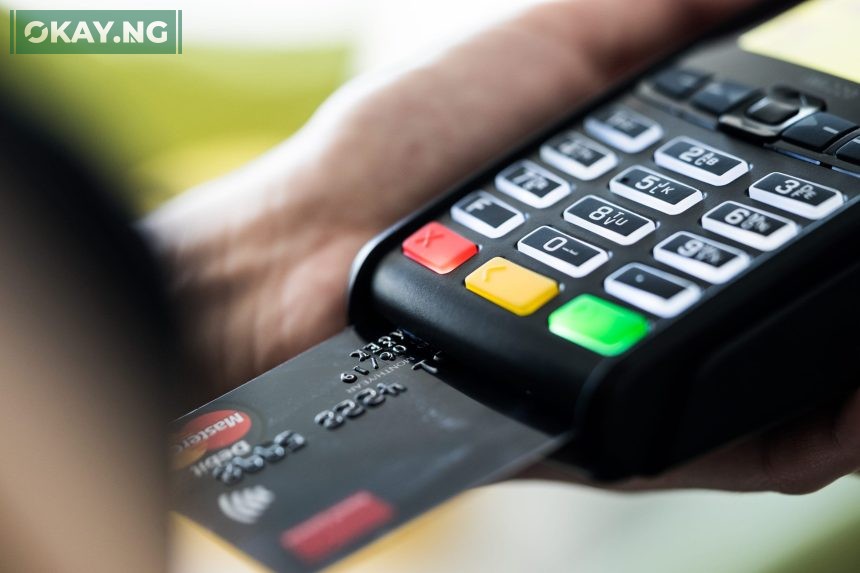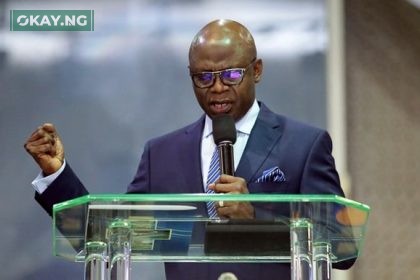A POS machine, also known as a point of sale terminal, is a device that allows you to accept payments from customers using debit or credit cards, mobile wallets, QR codes, or other methods. POS machines can help you increase your sales, improve your customer service, and reduce cash handling risks.
If you are a business owner in Nigeria and you want to get your own POS machine, you may have some questions about how to go about it. In this article, we will answer some of the most frequently asked questions about POS machines in Nigeria and provide you with a step-by-step guide to get your own POS machine.
What are the benefits of having a POS machine in Nigeria?
Having a POS machine in Nigeria can offer you several benefits, such as:
- Convenience: You can accept payments from customers using various methods, such as cards, mobile wallets, QR codes, USSD, etc. This can make your transactions faster, easier, and more convenient for both you and your customers.
- Security: You can reduce the risk of theft, fraud, or loss of cash by using a POS machine. You can also keep track of your sales and inventory using the POS machine’s software or app.
- Compliance: You can comply with the tax and regulatory requirements of the Nigerian government by using a POS machine. You can also generate receipts and invoices for your customers and keep records of your transactions.
- Competitiveness: You can attract more customers and increase your sales by offering them a modern and convenient way of paying for your goods or services. You can also stand out from your competitors who may not have a POS machine.
What are the requirements for getting a POS machine in Nigeria?
To get a POS machine in Nigeria, you need to meet some requirements, such as:
- Business registration: You need to have a registered business name or company with the Corporate Affairs Commission (CAC) or any other relevant authority. You also need to have a valid tax identification number (TIN) and a bank verification number (BVN).
- Bank account: You need to have a current or savings account with a bank that offers POS services. You also need to have a minimum balance in your account, which may vary depending on the bank and the POS machine model.
- Application form: You need to fill out an application form with your personal and business details, such as your name, address, phone number, email, business name, business address, type of business, etc. You also need to provide some documents, such as your business registration certificate, tax clearance certificate, identity card, passport photo, etc.
- Agreement: You need to sign an agreement with the bank or the POS service provider, which outlines the terms and conditions of using the POS machine, such as the fees, charges, commissions, maintenance, support, etc.
How much does a POS machine cost in Nigeria?
The cost of a POS machine in Nigeria depends on several factors, such as:
- The type of POS machine: There are different types of POS machines available in Nigeria, such as wireless, mobile, countertop, portable, etc. Each type has its own features, specifications, and price range. For example, a wireless POS machine may cost between N50,000 and N100,000, while a mobile POS machine may cost between N10,000 and N20,000.
- The brand of POS machine: There are different brands of POS machines available in Nigeria, such as Ingenico, Verifone, Pax, Zebra, etc. Each brand has its own reputation, quality, and customer service. For example, Ingenico POS machines may be more expensive than Pax POS machines, but they may also offer more features and reliability.
- The bank or the POS service provider: There are different banks and POS service providers that offer POS machines in Nigeria, such as First Bank, Zenith Bank, GTB, Polaris Bank, Moniepoint, Opay, Kuda, Access Bank, etc. Each bank or POS service provider may have its own fees, charges, commissions, and incentives for using their POS machines. For example, First Bank may charge a lower commission rate than Access Bank, but Access Bank may offer more rewards and discounts for using their POS machines.
How do I get a POS machine in Nigeria?
To get a POS machine in Nigeria, you need to follow these steps:
- Step 1: Choose the type, brand, and model of POS machine that suits your business needs and budget. You can compare the features, specifications, and prices of different POS machines online or by visiting a POS machine dealer or agent.
- Step 2: Choose the bank or the POS service provider that offers the POS machine that you want. You can compare the fees, charges, commissions, and incentives of different banks or POS service providers online or by visiting their branches or offices.
- Step 3: Apply for the POS machine by filling out the application form and providing the required documents. You can submit the application form and documents online or by visiting the bank or the POS service provider’s branch or office.
- Step 4: Wait for the approval of your application. This may take a few days or weeks, depending on the bank or the POS service provider’s verification process and availability of POS machines.
- Step 5: Once your application is approved, you will receive a notification and an invoice for the POS machine. You will need to pay the invoice amount, which may include the cost of the POS machine, the installation fee, the activation fee, the delivery fee, etc.
- Step 6: After you pay the invoice amount, you will receive the POS machine and the accessories, such as the power cord, the printer, the paper roll, the SIM card, etc. You will also receive the user manual and the training materials for using the POS machine.
- Step 7: Install and activate the POS machine by following the instructions in the user manual and the training materials. You will need to insert the SIM card, connect the power cord, turn on the POS machine, enter the activation code, set up the password, etc.
- Step 8: Start using the POS machine to accept payments from your customers. You will need to swipe or insert the customer’s card, enter the amount, enter the PIN, print the receipt, etc. You will also need to monitor your sales and inventory using the POS machine’s software or app.
How do I maintain and troubleshoot my POS machine in Nigeria?
To maintain and troubleshoot your POS machine in Nigeria, you need to follow these tips:
- Keep the POS machine clean and dry: You should wipe the POS machine with a soft cloth and avoid exposing it to dust, moisture, or extreme temperatures. You should also keep the POS machine away from magnets, metal objects, or other devices that may interfere with its functionality.
- Keep the POS machine updated and secure: You should update the POS machine’s software or app regularly to ensure its optimal performance and security. You should also protect the POS machine’s password and activation code and avoid sharing them with anyone. You should also report any suspicious or fraudulent transactions to the bank or the POS service provider immediately.
- Keep the POS machine charged and connected: You should charge the POS machine’s battery regularly and avoid using it when the battery is low. You should also ensure that the POS machine has a strong and stable network connection and avoid using it in areas with poor or no signal.
- Keep the POS machine stocked and serviced: You should replace the POS machine’s paper roll, printer ribbon, or ink cartridge when they are low or empty. You should also contact the bank or the POS service provider for any repairs or replacements of the POS machine or its accessories. You should also take advantage of any warranty, insurance, or support services that the bank or the POS service provider offers for the POS machine.












